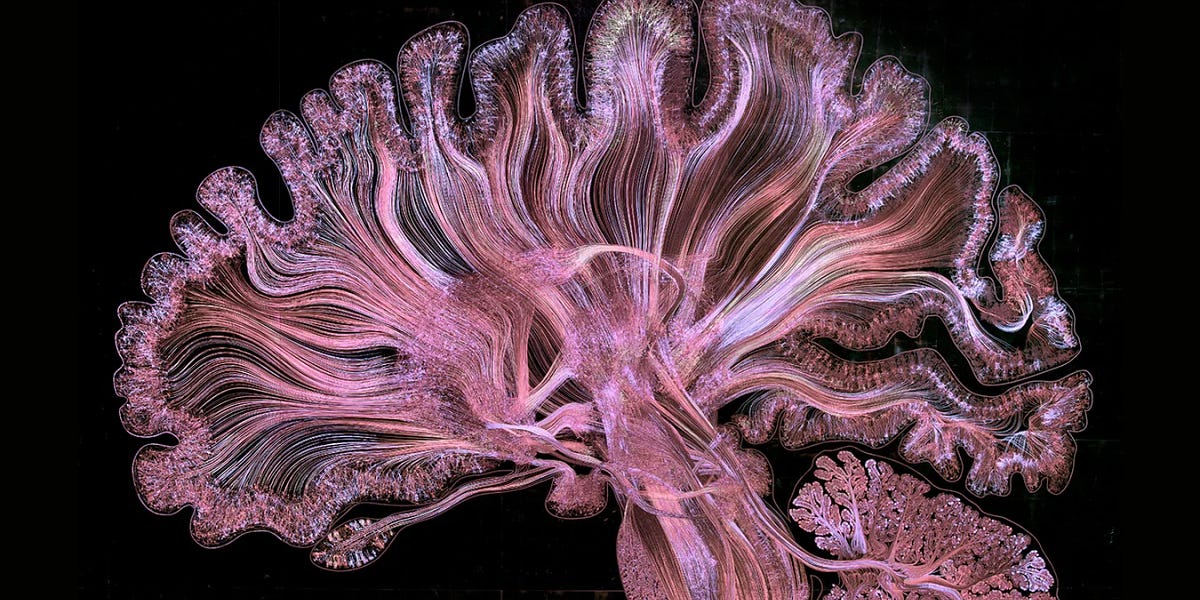Elon Musk Ruined My Sex Life - 2 minutes read

On 29 January, Elon Musk announced that the first human patient had received an implant from Neuralink, the billionaire’s brain-chip start-up which promises neuron-spike detection (“spikes” refer to the activity by neurons that use electrical and chemical signals to send information around the brain and to the body). The US Food and Drug Administration cleared the company to conduct implant trials on humans last year, justifying its decision on the basis that the technology may help patients overcome paralysis and other neurological conditions.
But more is at stake with respect to implantable brain-computer interfaces (BCIs) and the radical changes to our way of life their existence implies.
The basic idea of BCIs is that of a direct communication pathway, first between a wired brain and an external device, such as a computer, and then between brains themselves, or brain-to-brain interfacing. The development of communication from the spoken word, in which varying layers of mediation exist between interlocutors – writing, telegraph, phone, internet – would be circumvented. The prospect of a direct link bypassing these additional layers is not just based on greater speed but also accuracy: when I think about something, I don’t have to translate my thought into linguistic signs that brutally simplify meaning – my partner directly comprehends what I think.
Source: Substack.com
Powered by NewsAPI.org